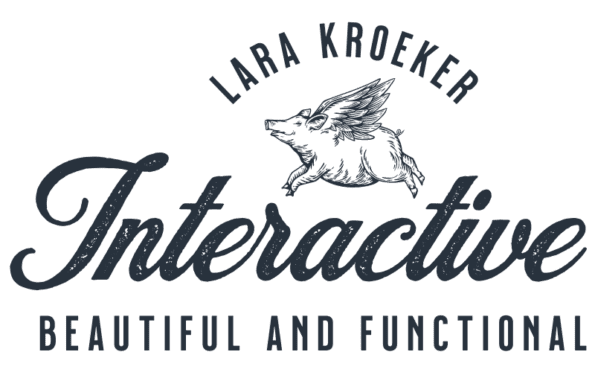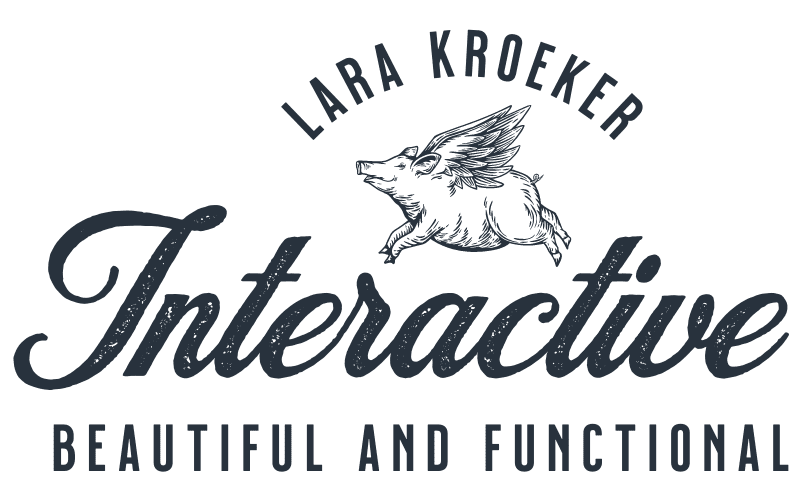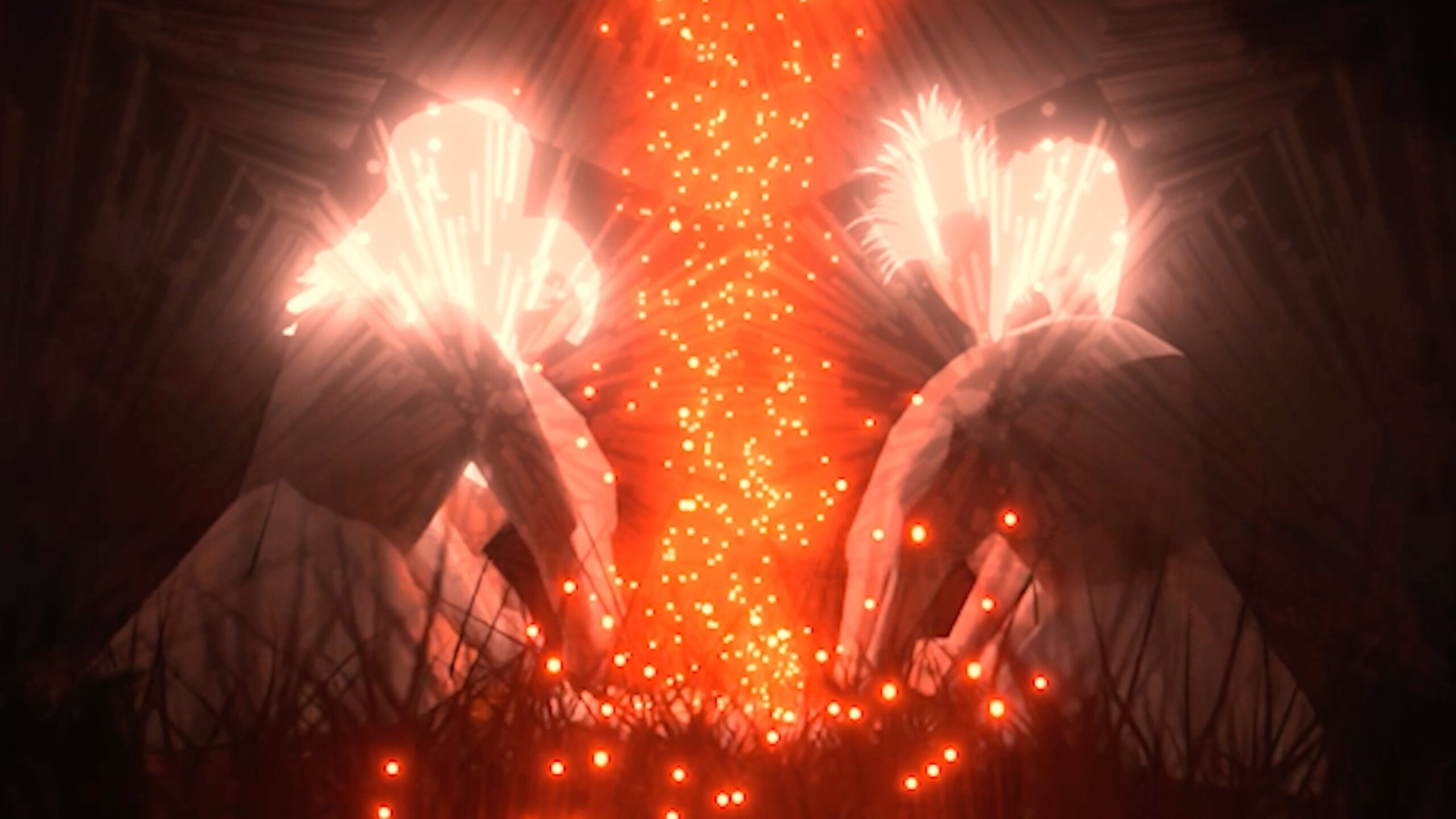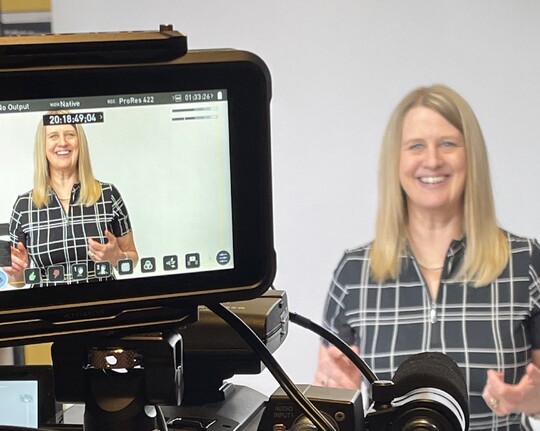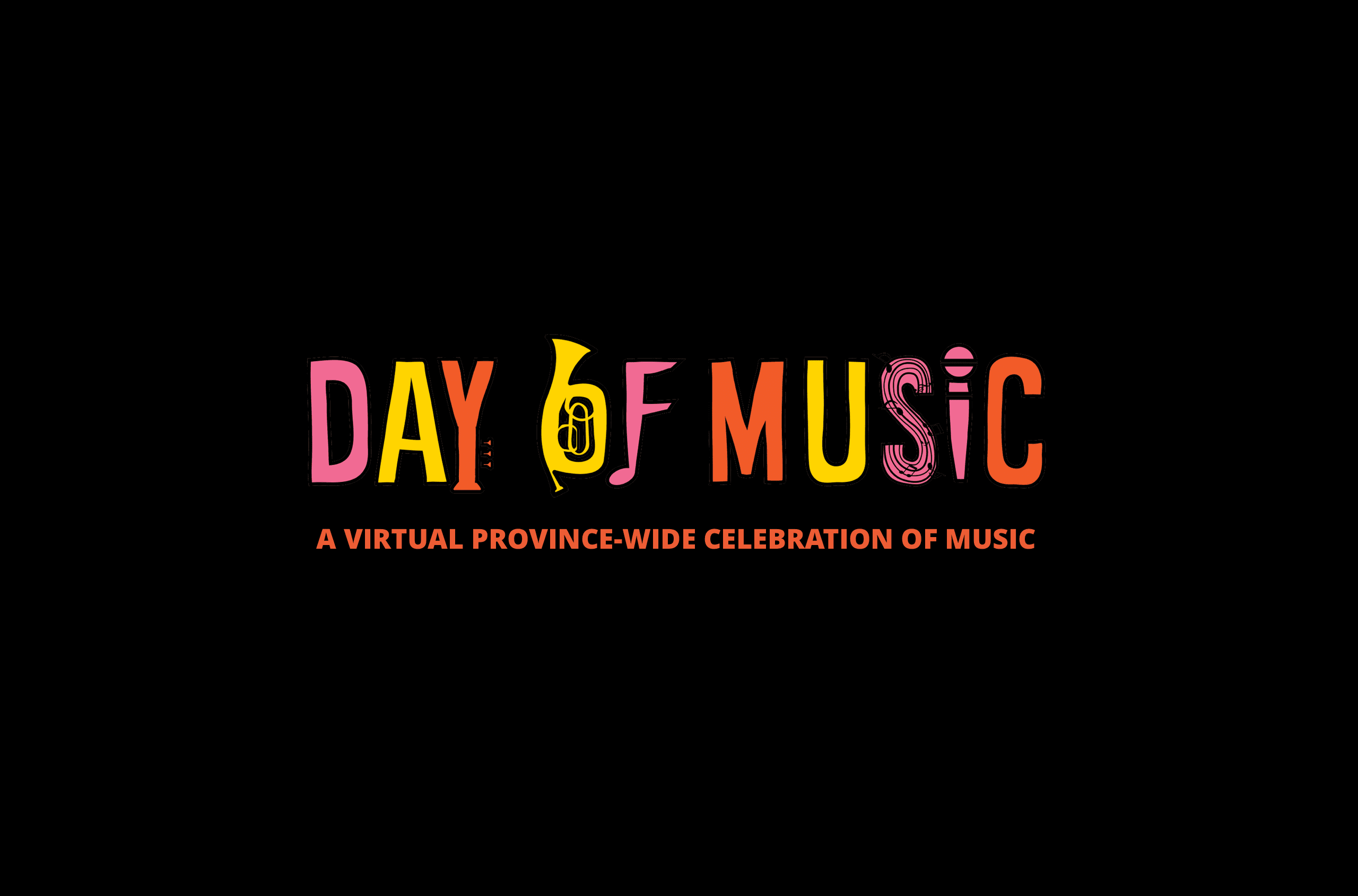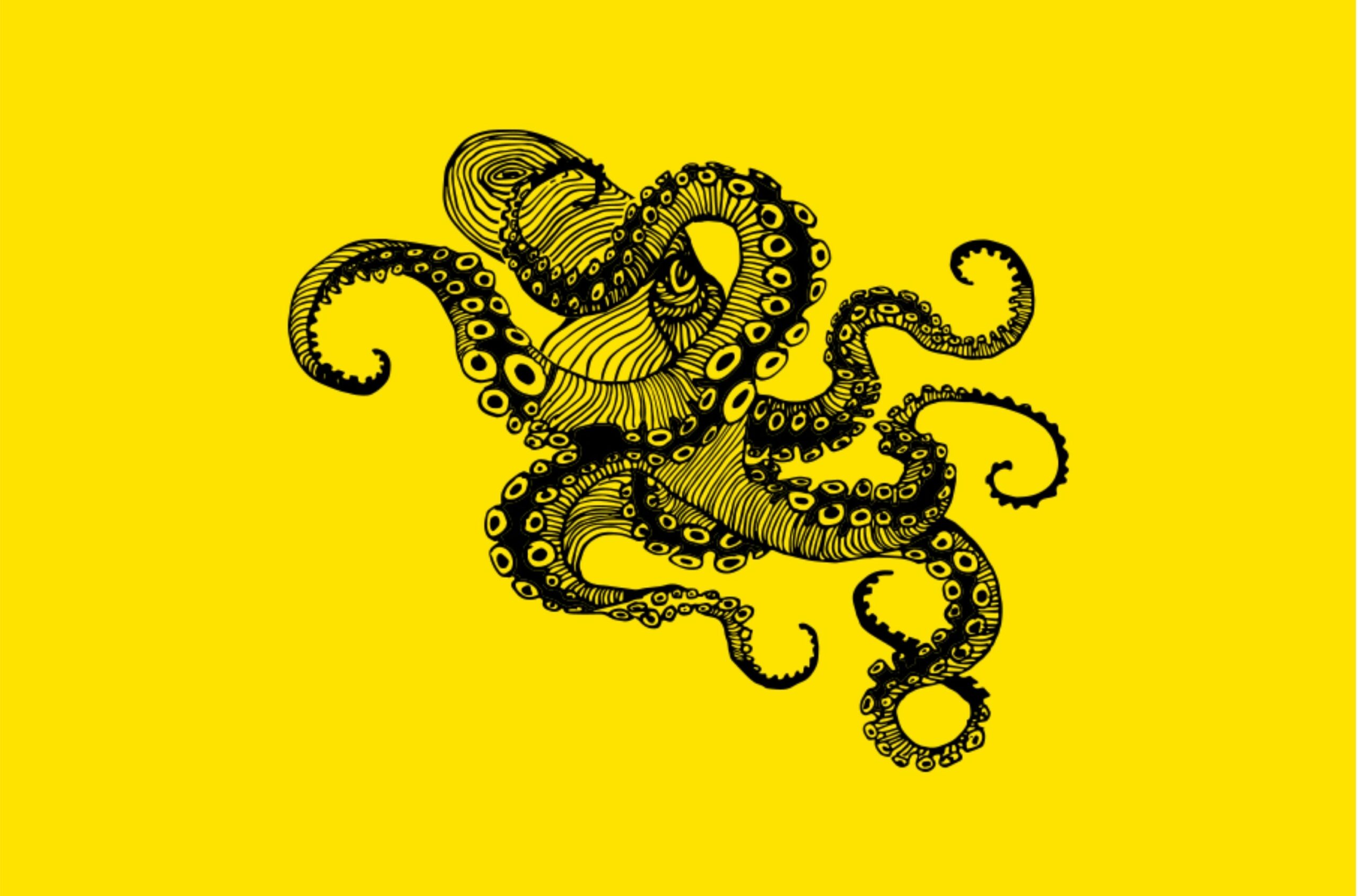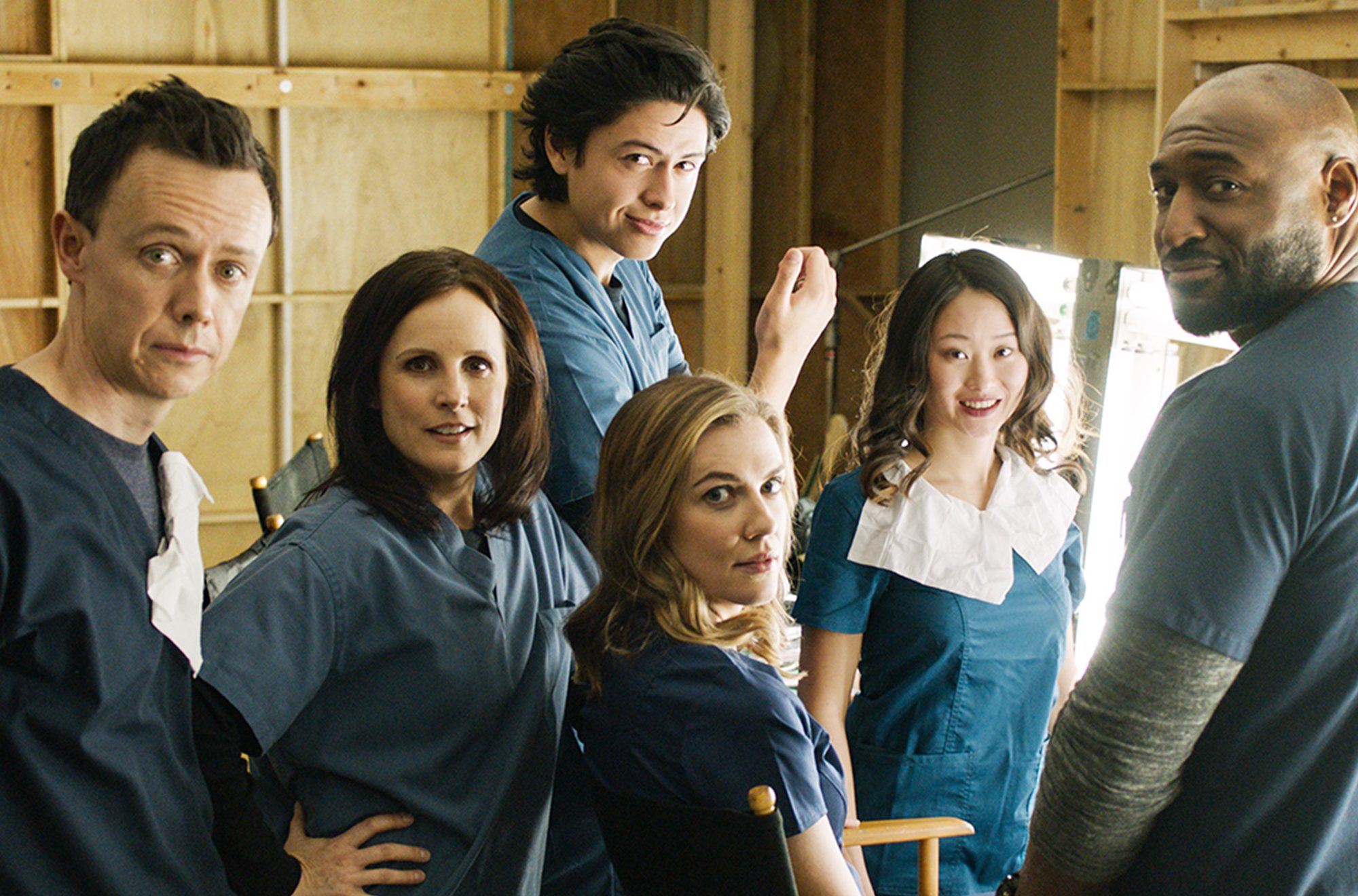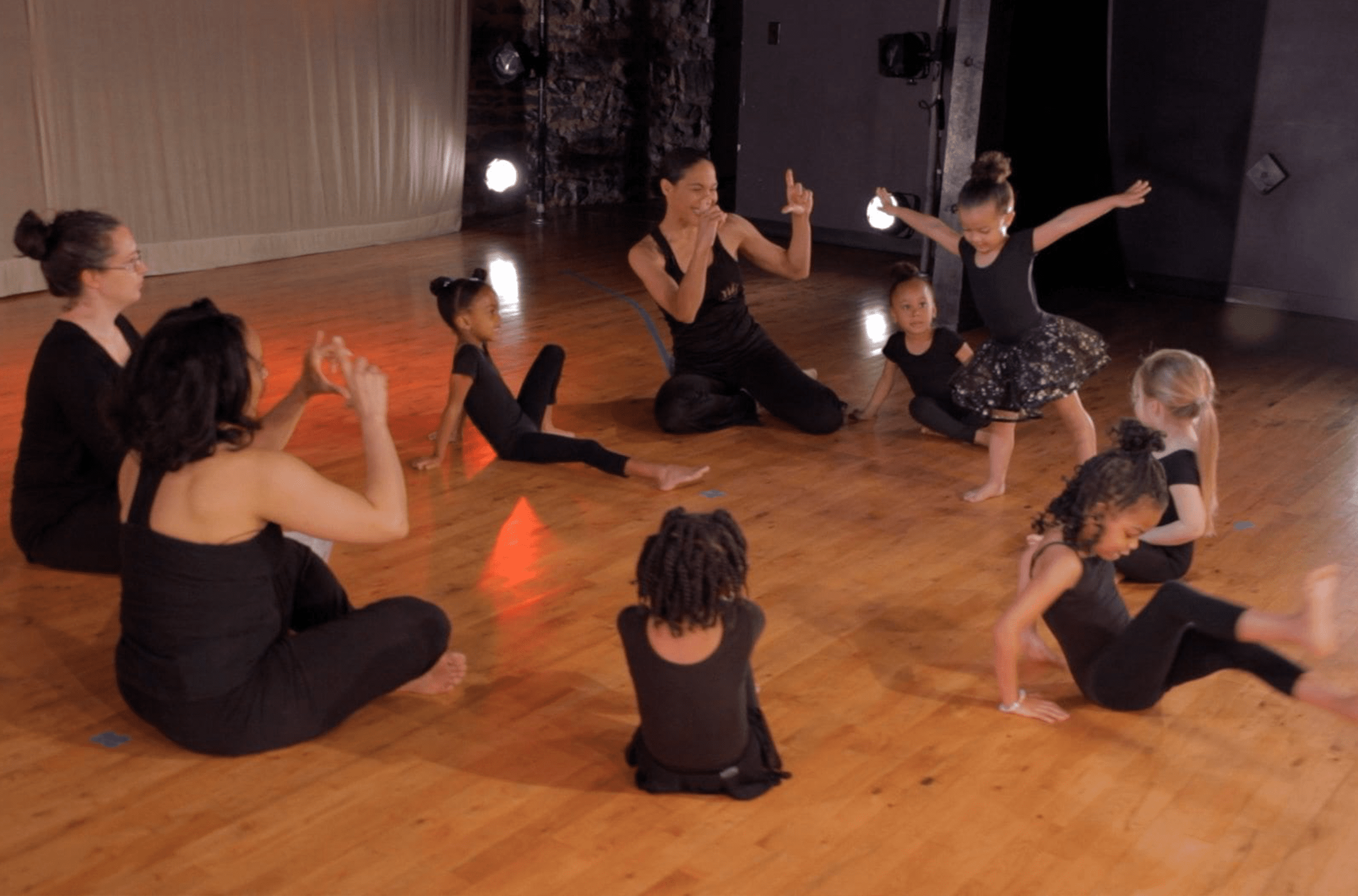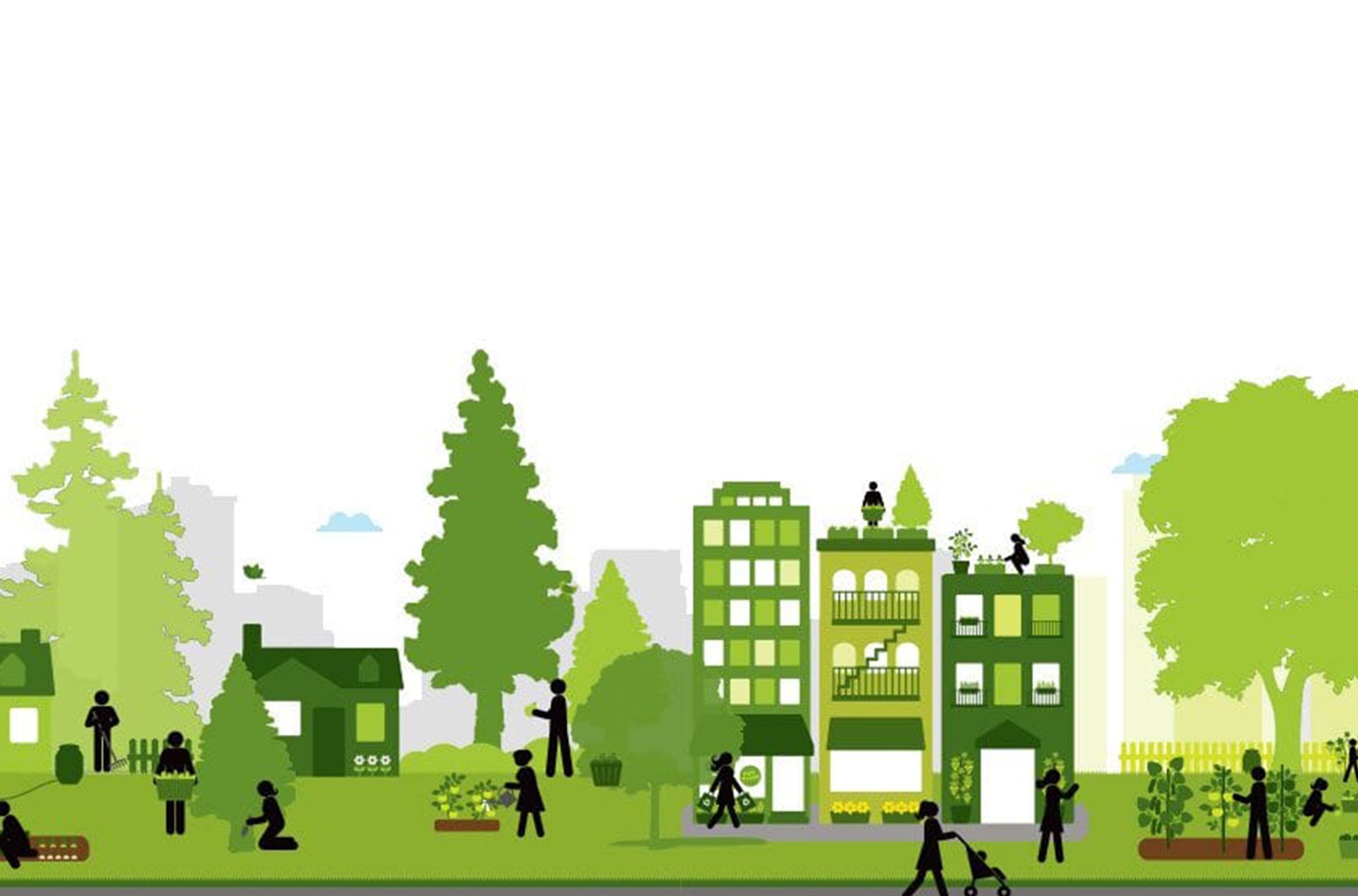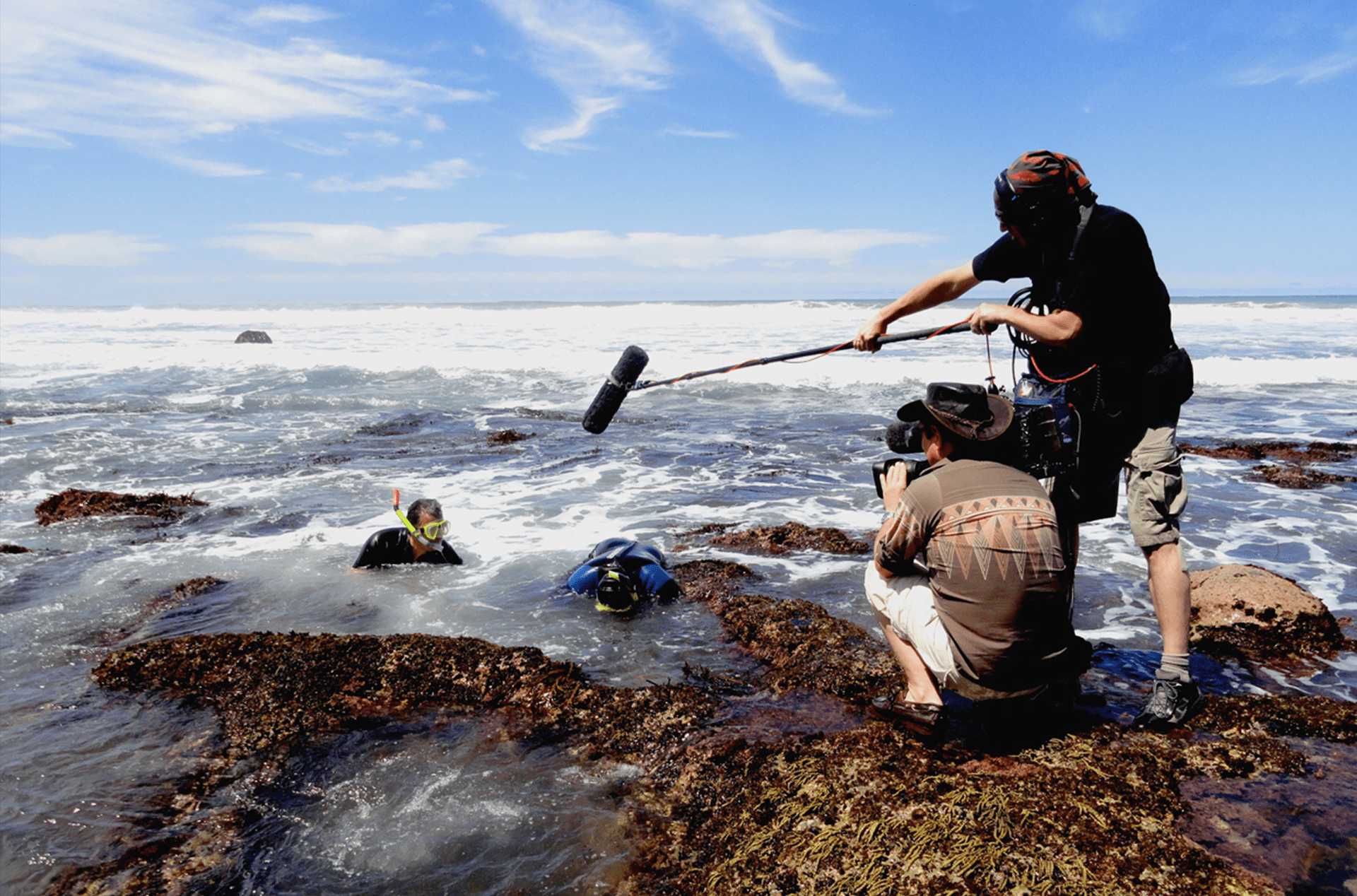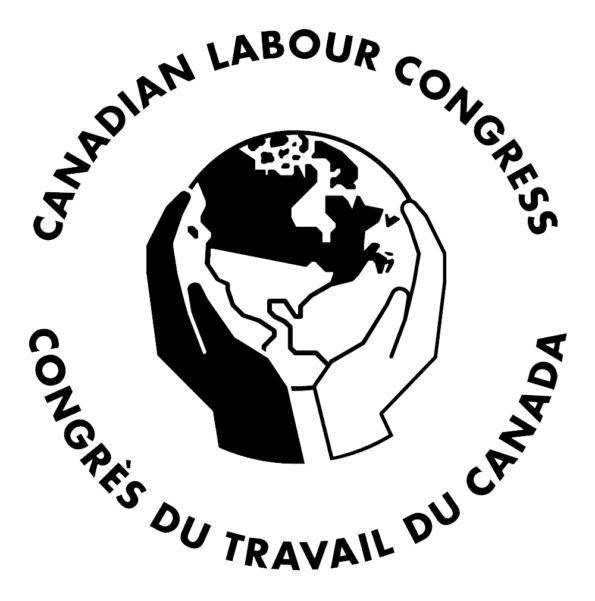Language is what connects us together but it’s also what makes it nerve wracking to be in another country if you can’t speak it. What I have figured out over time is that by trying, at least a little bit, you are able to connect in a different way to people. Especially in a country where the differences are huge with dress, religion and socio-economic situations not being able to speak makes people seem scary but the minute you share a laugh over a mispronounced word together you move from stranger to friend and it invites people to talk to you.
I thought that my lessons in Vancouver would help me get by but building a proper sentence in Swahil is hard. The words change if you are talking about me/we/you/us/etc. If I want to say to walk (tembea) the entire word changes depending on how you use it. Kutembea is “to walk” but if I say I am walking to the store it will be ninatembea. The root is there but it’s hard to hear.
These are my tricks in learning…
1. In the morning I force myself to get up a bit earlier and sit out in the kitchen with the people who work here because it forces me to speak Swahili (noone speaks English). I use a lot of gestures which make people laugh, especially when I imitate a animals or bugs. It’s really fun to be silly now that I KNOW people are laughing at me but it’s all in a good way. I have NO shame and it really saves time.
2. Then I go and sit out on the porch with a coffee and usually either Aisha, Oliva or Amina will come out with me. Anyone who walks by often knows one of them and they will come up to say hello. That gives me a chance to say my name (Nina itwa Lara) and ask for theirs (Uta itwa nani). Then they usually want to ask me a question and it takes about 20 minutes for me to figure out. Like the mama from next door came over and asked How many children I had (Watoto wengi?). I finally figured out what she was saying and had to respond by counting all the way up to seventeen from one because numbers are a bitch here and for some reason I panic at four and eight (nne + nane). That took a long time.
4. I always have my key phrases ready (Habari ya Asubuhi/mchana/usiku – Good Morning/afternoon/night) (Ninafurahi kukutana nawewe – I am happy to meet you) (ninasome kusema kiswahili – I am studying kiswahili) so that when someone says something I pull one of these babies out of my hat and then they really think that I can speak. Today we went into Moshi’s friend’s shop and did the super cool handshake, the back and forth of how are you and then I topped it all off with my grammer perfect sentence of being happy to have met him. He thought I could really speak and said something really long to which I replied pole pole sana taffadahli (slowly please). When Moshi is around it’s easier, of course, because he can just translate but sometimes he just makes me figure it, out probably because it’s entertainment for everyone around.
5. I am in a hotel with wifi so that makes conversation much faster because I can look up words. Sometimes I take my phone out and pass it back and forth to whoever is around. It made it possible for me to say “Canadians do not like being mistaken for Americans, we love each other but we have our own identity” which otherwise would never have been possible.
On the work front I have a lot of stories that I will tell over coffee/beer someday. Suffice it to say things are moving in perhaps in a different direction which I am perfectly happy about. We are doing more of the cultural and environmental projects/tours and will go out to the smaller villages in a few days to get pictures and videos which I will share both here or on instagram (larakroeker) and twitter (larakroeker).
I am most excited about meeting Moshi’s friends in the sandawe tribe whose tribal tongue is the clicking language. I’m going to try that one next!
Kwaheri (goodbye) and I hope you have a good night (Usiku mwema).
